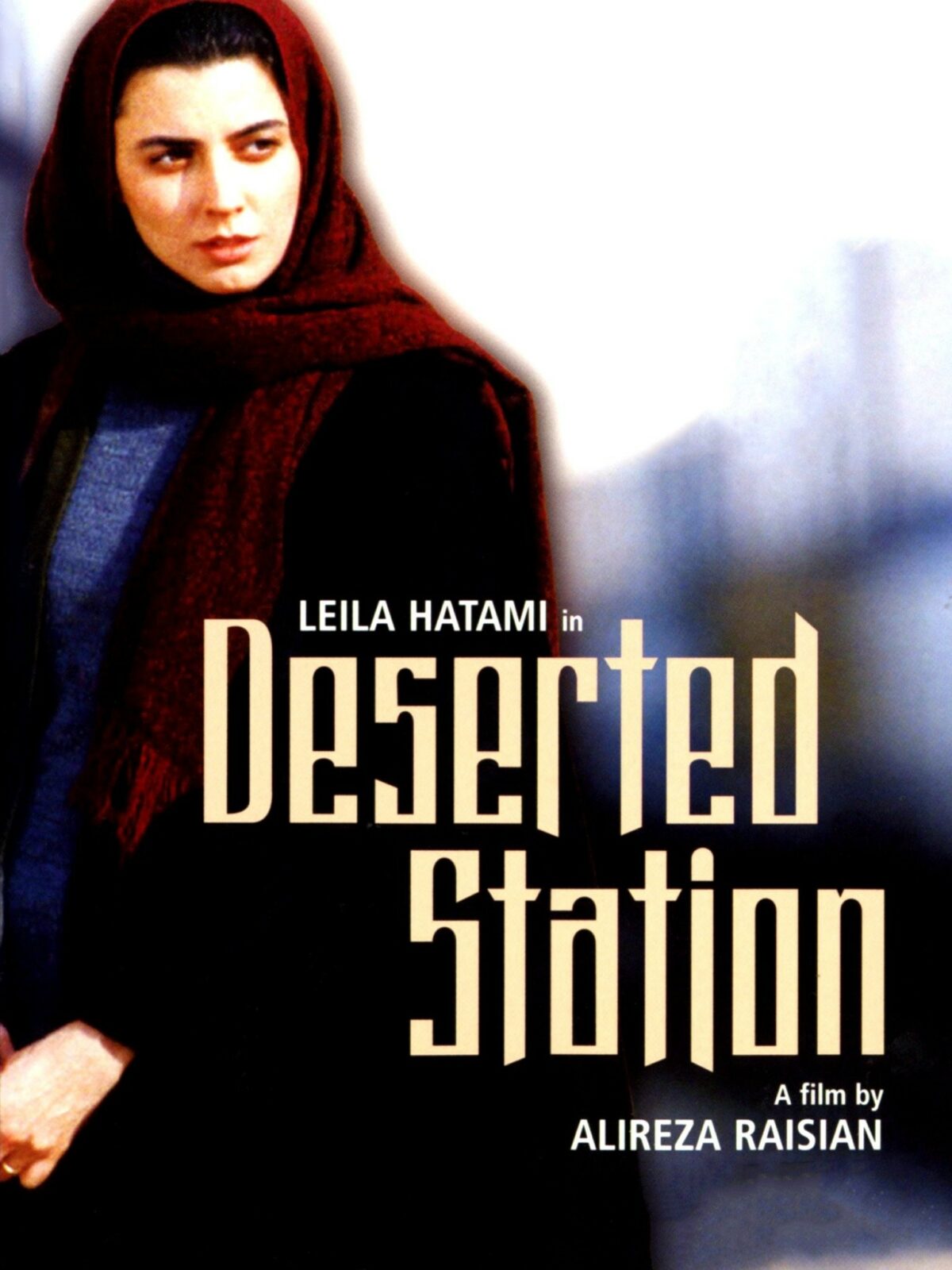Introduction:
“The Deserted Station,” a 2002 Iranian drama and road film directed by Alireza Raisian, unfolds as a meditative exploration of solitude, redemption, and the transformative power of human connections. Set against the vast and evocative landscapes of Iran, the film weaves a poignant narrative that transcends geographical boundaries, delving into the realms of faith, forgiveness, and the pursuit of meaning. In this extensive review, we embark on a cinematic odyssey through the layers of “The Deserted Station.”
I. Alireza Raisian’s Directorial Brilliance:
- Prolific Filmmaker:
- Alireza Raisian, known for his contributions to Iranian cinema, displays his directorial prowess in “The Deserted Station.” His ability to blend nuanced storytelling with evocative visuals marks him as a filmmaker dedicated to exploring the human condition.
- Visual Poetry:
- Raisian’s cinematic style is characterized by visual poetry, capturing the essence of the Iranian landscape and utilizing it as a canvas to convey profound emotions and existential dilemmas. “The Deserted Station” exemplifies this signature approach.
II. Plot Overview:
- A Journey of Redemption:
- The film follows the journey of an unnamed couple, played by Leila Hatami and Nezam Manouchehri, traveling through the vast desert. Their journey takes an unexpected turn when they encounter a deserted station and the solitary stationmaster played by Mehran Rajabi.
- Spiritual Themes:
- “The Deserted Station” intertwines spiritual and existential themes, as the couple becomes entwined in the life of the stationmaster. The narrative explores the concepts of faith, forgiveness, and the search for purpose in the face of life’s uncertainties.
III. Thematic Exploration:
- Solitude and Isolation:
- Central to the film is the theme of solitude and isolation. The vast desert landscapes and the deserted station become symbolic representations of the characters’ internal struggles and the broader human experience of grappling with loneliness.
- Spiritual Redemption:
- The narrative delves into spiritual redemption, examining the transformative power of compassion and forgiveness. As the characters confront their own inner turmoil, the film invites viewers to reflect on the possibilities of renewal and spiritual awakening.
IV. Cinematic Composition:
- Desert Landscapes:
- “The Deserted Station” leverages the stark beauty of the desert landscapes to create a visual metaphor for the characters’ emotional landscapes. The expansive, arid setting becomes a character in itself, reflecting the characters’ internal journeys.
- Symbolism and Metaphor:
- Raisian employs symbolism and metaphor throughout the film. The deserted station, with its empty rooms and silent echoes, becomes a symbolic space for reflection, mirroring the characters’ internal struggles and the inherent quest for meaning.
V. Performances:
- Leila Hatami and Nezam Manouchehri:
- The lead performances by Leila Hatami and Nezam Manouchehri contribute to the emotional depth of the film. Their nuanced portrayals convey the complexities of the characters’ emotional and spiritual journeys, adding authenticity to the narrative.
- Mehran Rajabi:
- Mehran Rajabi’s performance as the solitary stationmaster is a standout. Through his portrayal, the character becomes a vessel for the film’s exploration of faith, redemption, and the human capacity for connection.
VI. Emotional Resonance:
- Intimate Moments:
- “The Deserted Station” excels in capturing intimate moments that resonate emotionally. The film’s strength lies in its ability to evoke a profound sense of empathy, allowing viewers to connect with the characters’ vulnerabilities and aspirations.
- Human Connection:
- As the characters navigate the desolation of the desert, the film emphasizes the importance of human connection in the face of solitude. The shared experiences and interactions become catalysts for growth and emotional healing.
VII. Critical Reception:
- International Acclaim:
- “The Deserted Station” received international acclaim for its contemplative narrative, stunning visuals, and profound exploration of spiritual themes. The film’s inclusion in prestigious film festivals highlighted its impact on global audiences.
- Awards and Recognition:
- The film garnered awards and recognition for its direction, cinematography, and performances. The critical acclaim solidified its place in the canon of Iranian cinema and reinforced Alireza Raisian’s standing as a notable filmmaker.
VIII. Cultural Context:
- Iranian Identity:
- “The Deserted Station” is deeply rooted in the cultural and spiritual fabric of Iran. The film’s themes and symbolism draw from Persian literature, traditions, and the broader cultural context, offering a unique perspective on the Iranian identity.
- Human Universality:
- While grounded in Iranian culture, the film transcends cultural boundaries, exploring themes that resonate universally. The characters’ quests for redemption and meaning become relatable to audiences irrespective of their cultural backgrounds.
IX. Legacy and Continuing Influence:
- Artistic Legacy:
- “The Deserted Station” has left an enduring legacy within Iranian cinema. Its artistic merit, thematic depth, and exploration of existential questions have inspired filmmakers and contributed to the ongoing conversation about the possibilities of cinema.
- Influence on Road Cinema:
- The film’s exploration of a transformative journey through the vast desert landscapes aligns with the tradition of road cinema. “The Deserted Station” has influenced subsequent road films by providing a template for the intersection of physical and spiritual journeys.
X. Conclusion:
“The Deserted Station” stands as a cinematic masterpiece that transcends the boundaries of drama and road cinema. Alireza Raisian’s directorial brilliance, coupled with the evocative performances and stunning visuals, creates a film that invites viewers on a profound journey of self-discovery and redemption. As the characters traverse the desolate landscapes, the film unfolds as a meditation on the human condition, the quest for meaning, and the transformative power of connection. “The Deserted Station” remains a timeless exploration of solitude and spirituality, inviting audiences to reflect on the boundless possibilities that lie within the vast expanse of the human soul.
